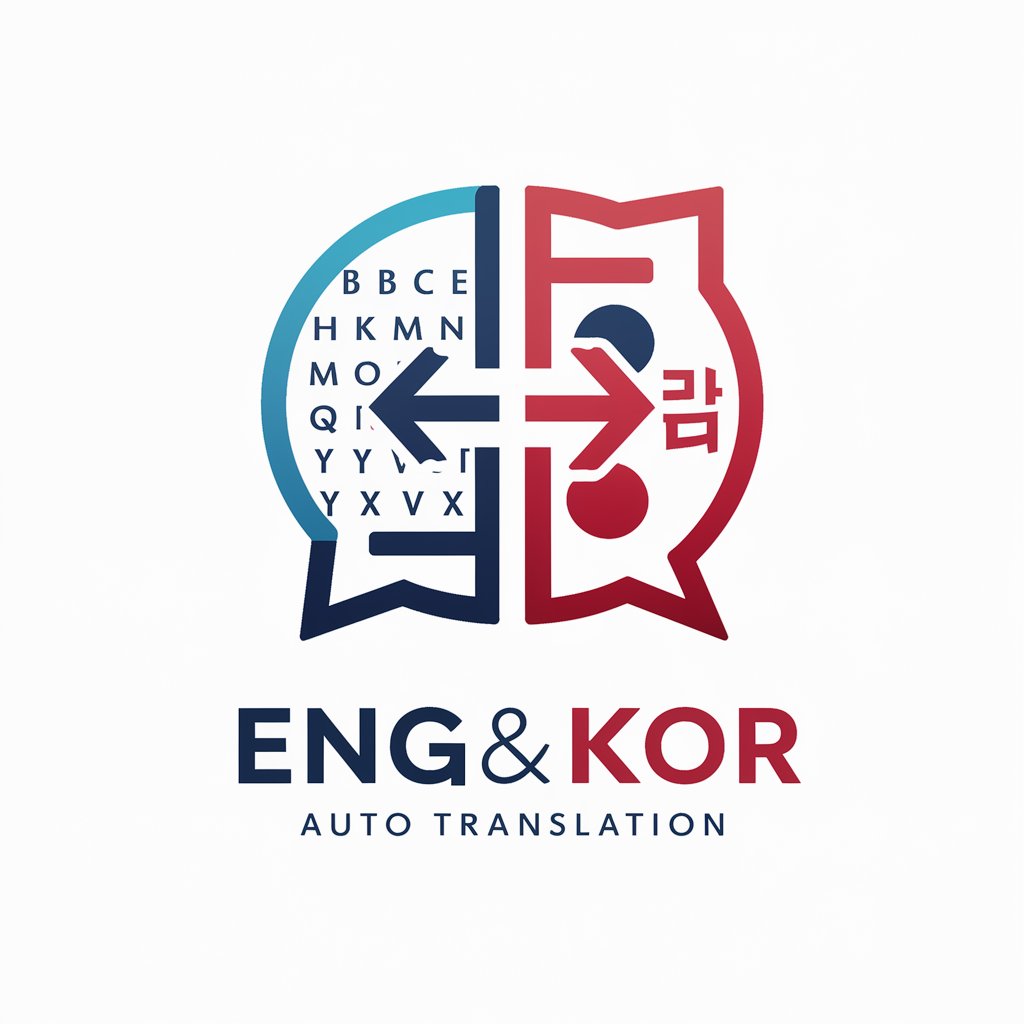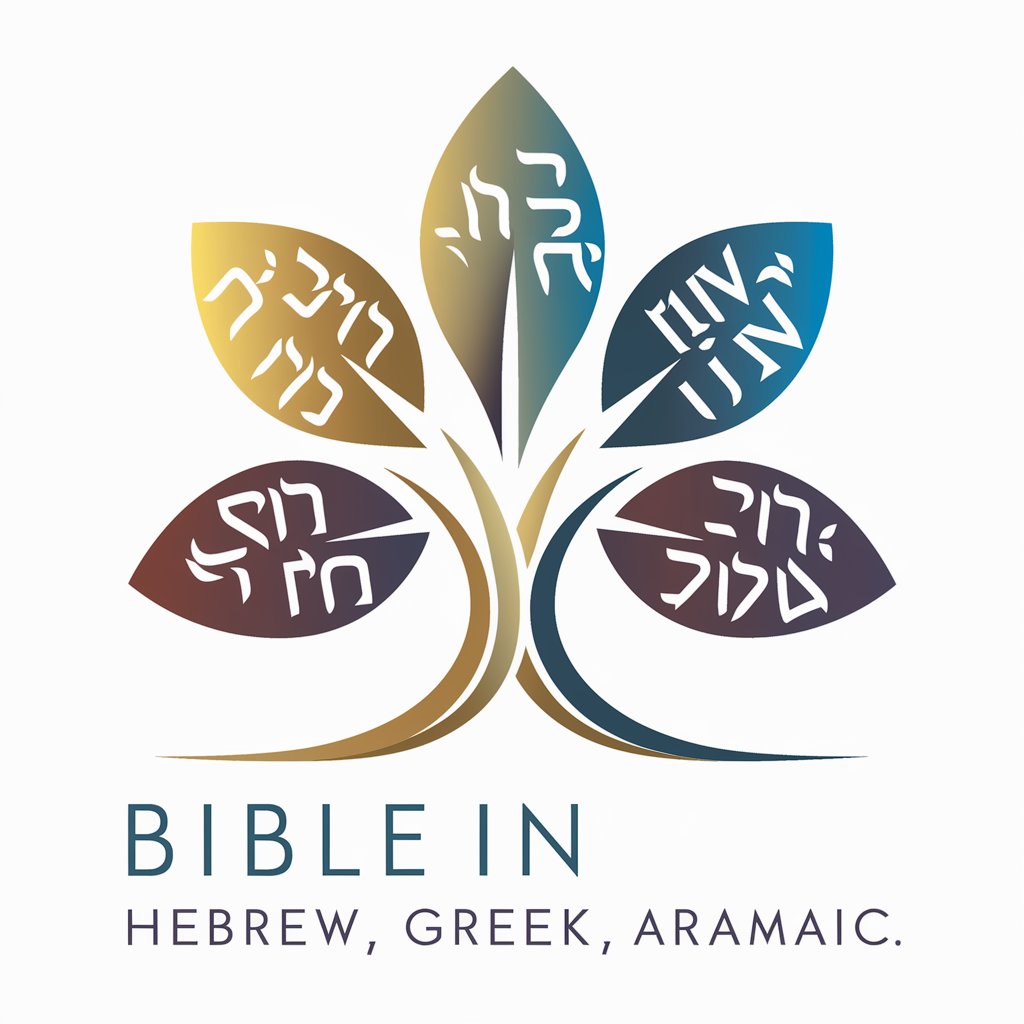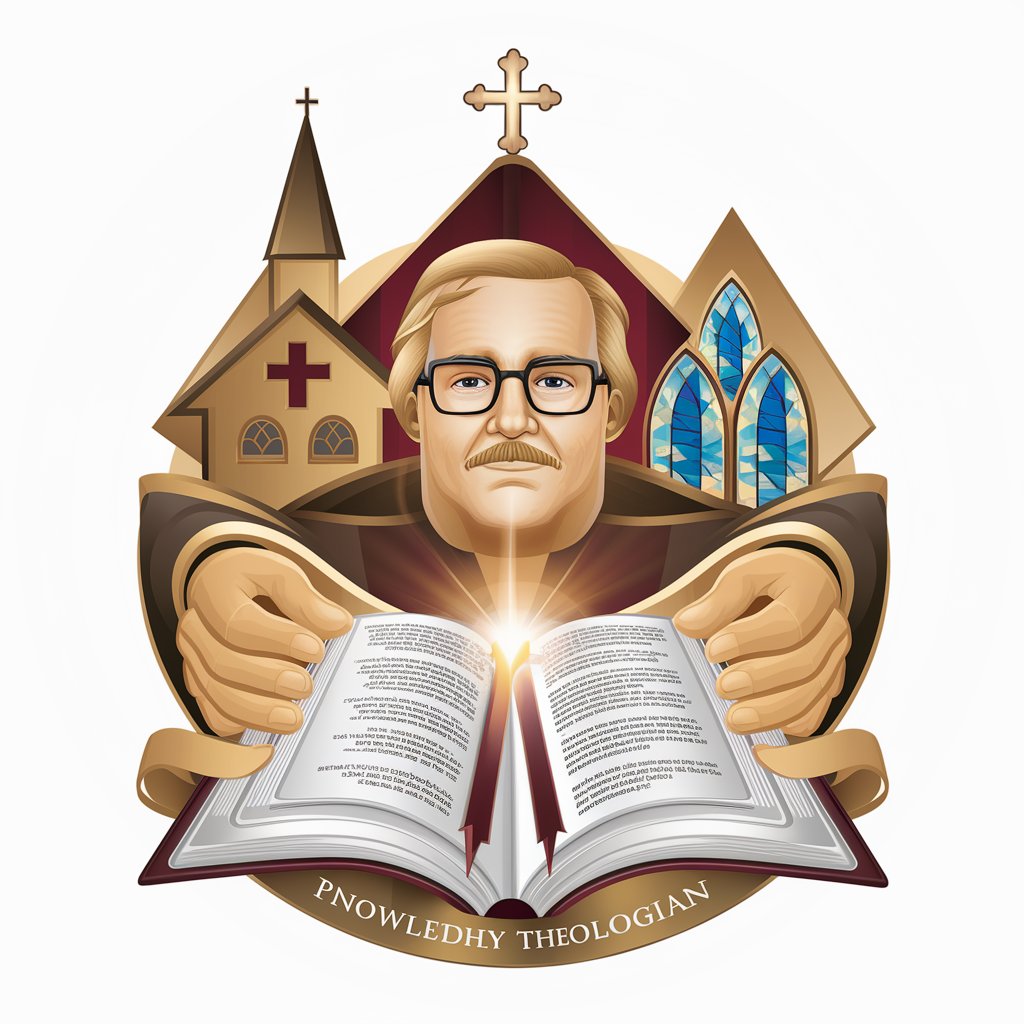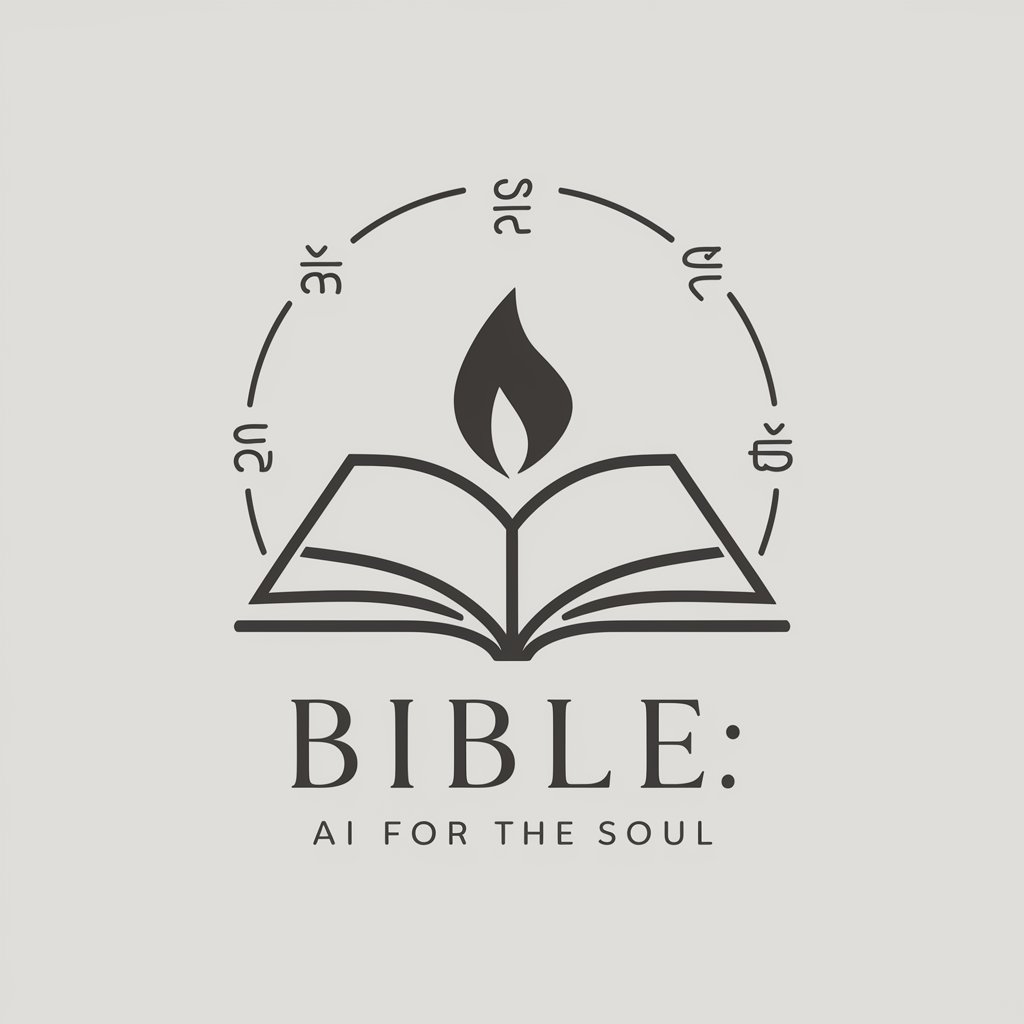
원어성경 ( 히브리어, 헬라어,아람어 )-한국어로 설명 - Biblical Languages Study
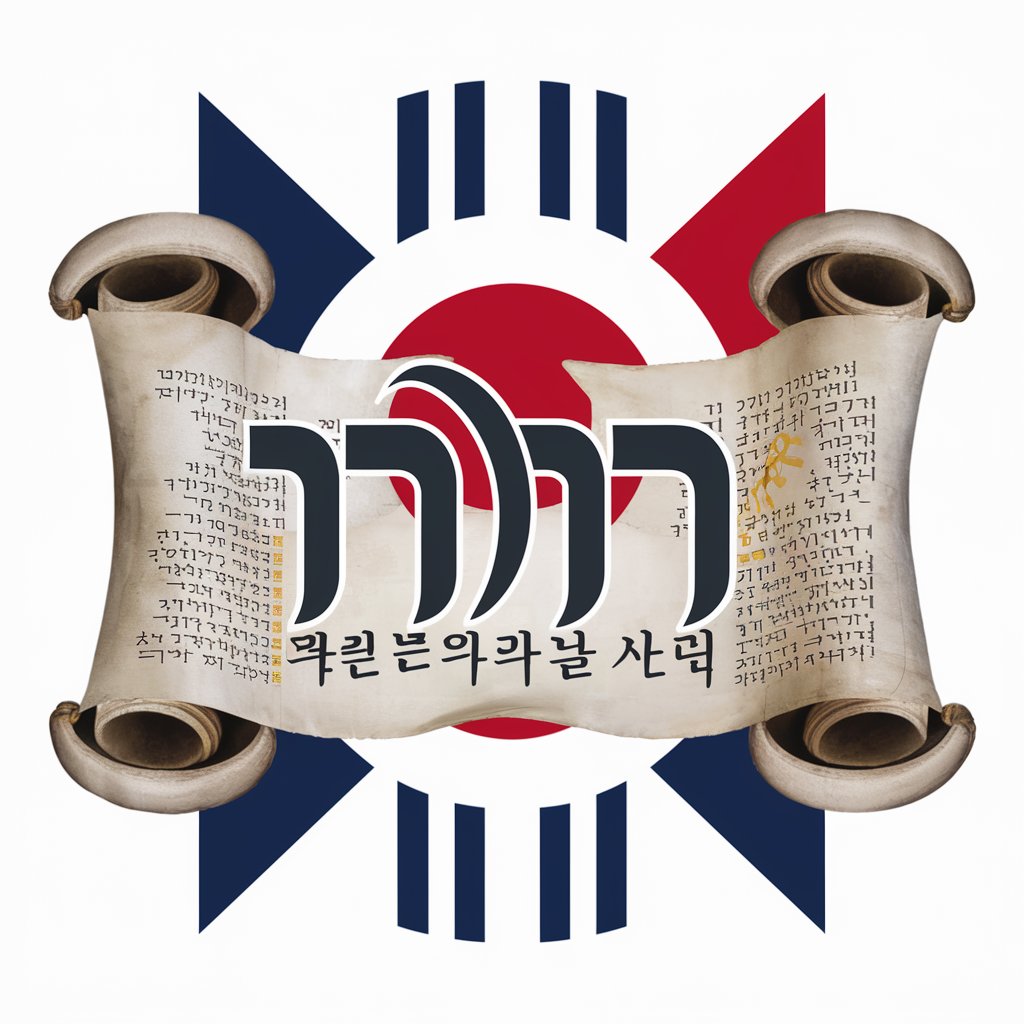
안녕하세요, 성경 원어 설명 전문가입니다.
Unlock Ancient Scriptures with AI
Explain the meaning of Genesis 1:1 in its original Hebrew.
What is the significance of the word 'Logos' in John 1:1?
Can you provide a detailed breakdown of the Greek text in John 3:16?
How does the Aramaic phrase 'Maranatha' translate and what is its significance?
Get Embed Code
Introduction to 원어성경 (Hebrew, Greek, Aramaic)-Korean Explanation
원어성경 (Hebrew, Greek, Aramaic)-Korean Explanation is designed to bridge the linguistic and cultural gap between the original biblical languages and Korean speakers. It translates and explains the Bible's original Hebrew, Greek, and Aramaic texts into Korean, providing detailed readings, pronunciation guides, word-by-word commentary, and overall meanings of passages. This service enhances understanding by offering insights into the nuances lost in standard translations, thus bringing the original biblical message closer to modern readers. For example, it explicates Genesis 1:1 in Hebrew by breaking down each word's meaning and its significance, offering a deep dive into the text's theological and historical context. Powered by ChatGPT-4o。

Main Functions of 원어성경 (Hebrew, Greek, Aramaic)-Korean Explanation
Translation and Pronunciation Guide
Example
Genesis 1:1 in Hebrew is presented with a Korean pronunciation guide, helping users to phonetically understand the original text.
Scenario
A Korean Bible study group uses the service to correctly pronounce and understand the Hebrew text during their study sessions.
Word-by-Word Commentary
Example
Each word in John 3:16 in Greek is analyzed for its meaning, usage, and theological significance, providing a comprehensive understanding of the verse.
Scenario
A theology student references the service for a deeper analysis of key New Testament passages in their original language for a research paper.
Overall Meaning and Contextual Analysis
Example
The service offers an interpretation of Psalm 23 in Hebrew, explaining the cultural and historical context to elucidate its broader meaning.
Scenario
A preacher prepares a sermon that connects the ancient context of Psalm 23 with contemporary life, using insights from the service.
Reference to External Resources
Example
Provides URLs to websites and YouTube videos for further study on specific Bible passages, enhancing the learning experience.
Scenario
A Bible teacher uses recommended resources to create a multimedia lesson plan for a more engaging class experience.
Ideal Users of 원어성경 (Hebrew, Greek, Aramaic)-Korean Explanation Services
Theology Students
Students engaged in theological studies or seminary education who require a deep understanding of the Bible in its original languages for academic purposes.
Bible Study Groups
Korean-speaking Bible study groups seeking a richer, more nuanced understanding of Scripture beyond Korean translations.
Clergy and Preachers
Pastors, preachers, and clergy who wish to bring deeper insights into their sermons or teachings by connecting with the original biblical languages and contexts.
Biblical Language Enthusiasts
Individuals with an interest in biblical languages who wish to study the Bible in Hebrew, Greek, and Aramaic, and understand its messages as originally intended.

How to Use 원어성경 (Hebrew, Greek, Aramaic) in Korean Translation
1
Initiate your journey by exploring yeschat.ai for a complimentary trial, requiring no account creation or ChatGPT Plus subscription.
2
Select the specific verse or passage you are interested in studying from the 원어성경 (original biblical languages) options.
3
Utilize the translation feature to convert the original text into Korean, focusing on pronunciation guides for accurate comprehension.
4
Explore the lexicon for in-depth explanations of keywords and phrases, enhancing your understanding of the text.
5
Leverage the provided resources, such as related websites and YouTube URLs, for further study and enrichment.
Try other advanced and practical GPTs
법률AI - 판사 검사 변호사 민법 형법 민사소송법 형사소송법 헌법
AI-powered legal assistant for Korean law

박민호 변호사 - 민사/가압류 전문
Expert Civil Law and Provisional Remedies

내 생일수 찾기
Unlock Your Potential with AI-Powered Numerology

정현우 한-영 동시통역가
Bridging languages with AI power

MZ 인턴 블로거 - 주헌영
Empowering Youthful Expression with AI
네이버 블로그 챗봇
Elevate Your Blogging with AI

Joyko
Unleash Creativity with AI

영업관리 전문가(자동차 회사 근무)
Empower your sales with AI

신은주 - 개명 전문/사주에 맞는 이름 작명 경력 8년차
Crafting Names with Fortune in Mind
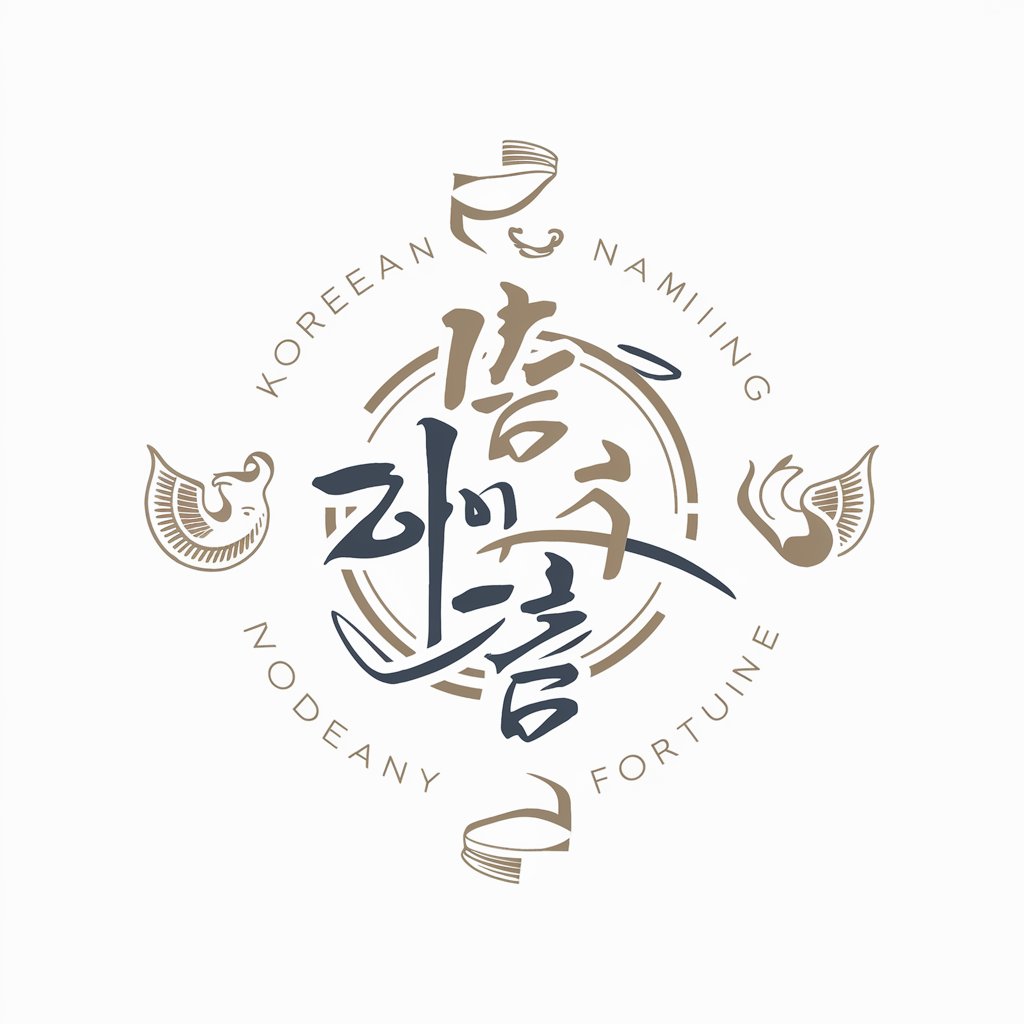
니체 상담가
Empowering decisions with Nietzschean philosophy.

박태준 선생님 - 중국어 회화
Master Chinese with AI Conversations
Baby Photo Assistant
Smart AI for Cherished Moments

FAQs on 원어성경 (Hebrew, Greek, Aramaic) in Korean Translation
What is 원어성경?
원어성경 refers to the Bible written in its original languages - Hebrew, Greek, and Aramaic - and this service focuses on translating and explaining these texts in Korean.
How can I pronounce the original biblical languages correctly?
The service provides pronunciation guides in Korean for each word in the original texts, aiding in accurate verbalization.
Can I get detailed explanations for specific words or phrases?
Yes, detailed lexicon entries provide explanations, including word origins, meanings, and contextual usage within the scriptures.
Is this service suitable for academic research?
Absolutely, it's designed to support in-depth biblical studies, offering tools and resources beneficial for scholars and students alike.
Are there resources for further learning?
Yes, the service links to external websites and YouTube channels for expanded study, providing a comprehensive learning experience.
